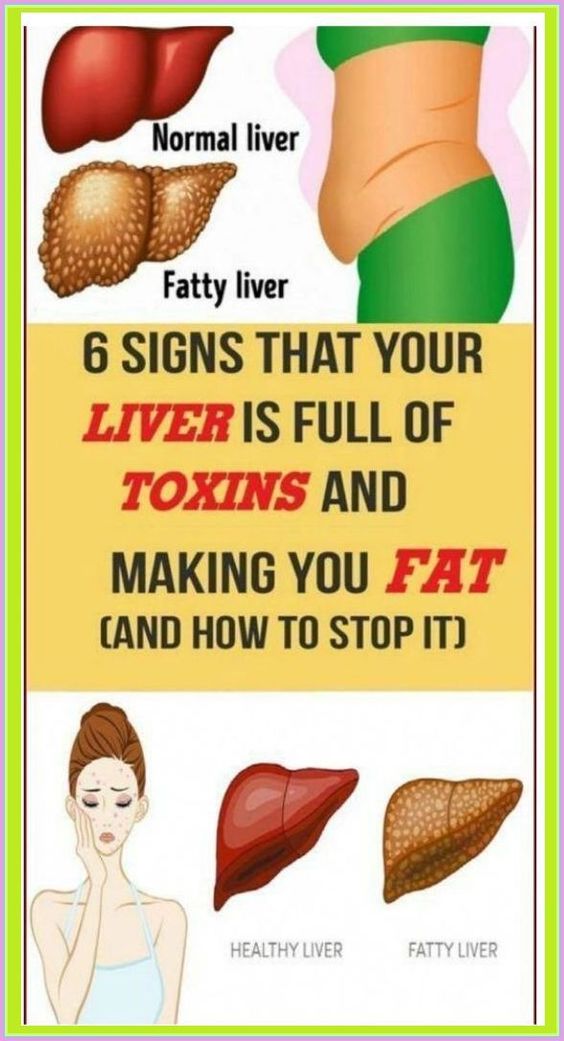Your summary provides a comprehensive overview of various signs that may indicate underlying health issues. Here’s a concise version:
Signs You Should Not Ignore:
Extreme Fatigue and Exhaustion:
Persistent fatigue could signal depression, anemia, or thyroid disorders.
Sleep Changes:
Sudden insomnia or increased need for sleep may indicate sleep disorders, stress, or other health conditions.
Unexplained Weight Changes:
Rapid weight loss or gain without effort may suggest metabolic disorders or thyroid problems.
Mood Swings:
Severe mood changes may indicate psychological issues like depression, anxiety, or hormonal disorders.
Chronic Pain:
Long-lasting pain resistant to usual treatments may be a sign of conditions like chronic inflammation or fibromyalgia.
Skin Problems:
Skin changes, rashes, redness, or itching can signify allergies, infections, or more serious skin diseases.
Digestive Disorders:
Chronic issues like constipation, diarrhea, indigestion, or abdominal pain may indicate conditions such as irritable bowel syndrome or food allergies.
Shortness of Breath:
Difficulty breathing could be a sign of heart or lung problems.
Changes in Vision:
Sudden deterioration in vision may indicate high blood pressure or eye conditions like glaucoma.
Color Changes in Urine or Stool:
Changes in color may suggest kidney or liver problems, or the presence of invisible blood indicating infections or other diseases.
Importance of Consultation:
Not Conclusive for Diagnosis: Emphasize that these signs are not sufficient for a conclusive diagnosis, and consulting a doctor is essential for a careful evaluation and specialized guidance.
Early Intervention for Better Health: Knowing and not ignoring these signs can lead to early and effective intervention, improving chances of recovery and long-term health maintenance.



